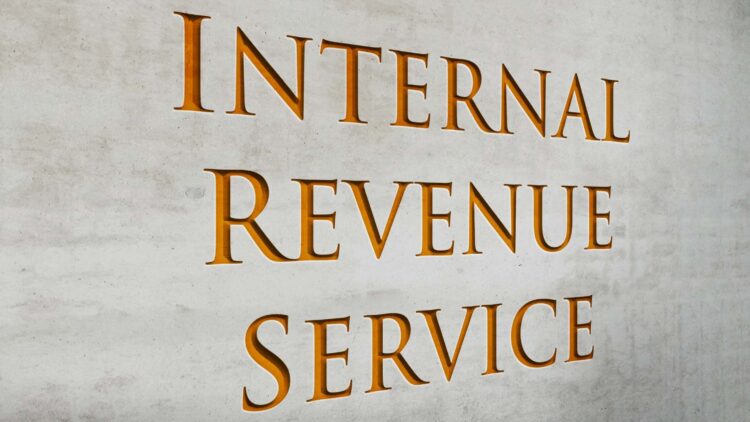While the IRS works to make its free online tax-preparation service bigger, some lawmakers want the agency to rethink the way it checks people’s identities now. Because these politicians think that the current method, which involves using ID.me, could be too restrictive for many filers, they want the IRS to come up with other ways for taxpayers to prove who they are.
The IRS is testing its Direct File program, which lets people file their taxes for free, in 12 states right now. Recent announcements from the Treasury Department say that this test run, which began for the 2023 tax season, will be greatly increased.
By the 2024 tax season, people in 24 states will be able to use Direct make to make their returns, which means the program will reach twice as many people. This bigger rollout is also meant to cover more complicated tax issues, so more people will be able to use it.
The Treasury Department thinks that more than 30 million filers will be able to use Direct File to file their 2024 taxes. The goal of the project is to give a free alternative to tax preparation services like TurboTax and H&R Block, which are run by companies like Intuit.
For example, Janet Yellen, the Treasury Secretary, said that this program could save Americans tens of millions of dollars in filing fees this coming tax season by expanding eligibility and doubling the number of states that participate. This would help the Biden-Harris Administration reach its goal of lowering costs for American families.
The possible drawbacks of the IRS’s verification system
Even though the program is growing, some politicians, like Senators Elizabeth Warren (D., Mass.), Ron Wyden (D., Ore.), and Representative Katie Porter (D., Calif.), are worried about the process taxpayers have to go through to get access to Direct File.
The three lawmakers wrote a message to Treasury Secretary Yellen and IRS Commissioner Danny Werfel in which they supported Direct File but questioned the use of ID.me as the main tool for verifying identities.
They said that the system’s use of facial-recognition technology has caused a lot of debate because people are worried about how well it works, especially when it comes to recognizing people from disadvantaged groups.
In their letter, the lawmakers said that requiring ID.me for name verification could make things harder for some taxpayers who don’t need to be.
They said that this problem mostly affects people who are most likely to profit from Direct File, like low-income taxpayers who want to get tax credits and other benefits. Warren, Wyden, and Porter wrote, “Making them use ID.me is adding another point of failure for taxpayers who need Direct File the most to get tax benefits.”

The IRS hasn’t said anything about the lawmakers’ letters, but an ID.me representative defended the technology by saying that their facial-recognition algorithm has been tried a lot and “has demonstrated 99+% effectiveness across all tested demographics.” The representative also said that ID.me provides different ways to prove identity, like video chat, for people who would rather not use face recognition.
The only service that meets the Identity Assurance Level 2 (IAL2) level set by the National Institute of Standards and Technology is ID.me, which is why the IRS chose to use it for its Direct File program.
This standard makes sure that methods for verifying identities are very safe. Members of Congress, on the other hand, asked why such strict checks were needed, especially since business tax preparation services had to follow less strict rules.
They wrote a letter criticizing the IRS for what they see as a double standard. They said that if the risk of identity theft and fraud is high enough for Direct File to need strong verification, then business tax prep providers should be held to the same standard.
If, on the other hand, private companies don’t think the threat is serious enough to require such steps, then the IRS should rethink whether Direct File users need to go through the more difficult proof process.
The politicians have asked the IRS to respond by October 21 with information about any new verification methods that the agency is thinking about using for future tax seasons. They also said they were worried about how easy it was to use ID.me and whether business tax prep services should have to follow the same rules for verifying identities as Direct File users.
This call for less strict verification is part of a larger discussion about how to balance security and accessibility in government programs, especially those that help defenseless and low-income people.
By looking for other ways to prove who they are, these lawmakers hope to make the Direct File program easier for the people it’s meant to help to use while still providing the necessary security against identity theft.
Also See:- Unexpected rise in US mortgage rates – Here’s what you’ll pay for a 30-year mortgage















Leave a Reply